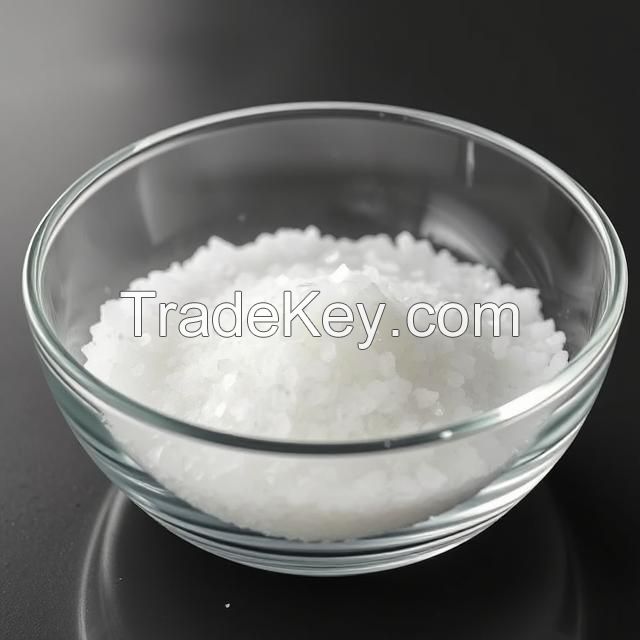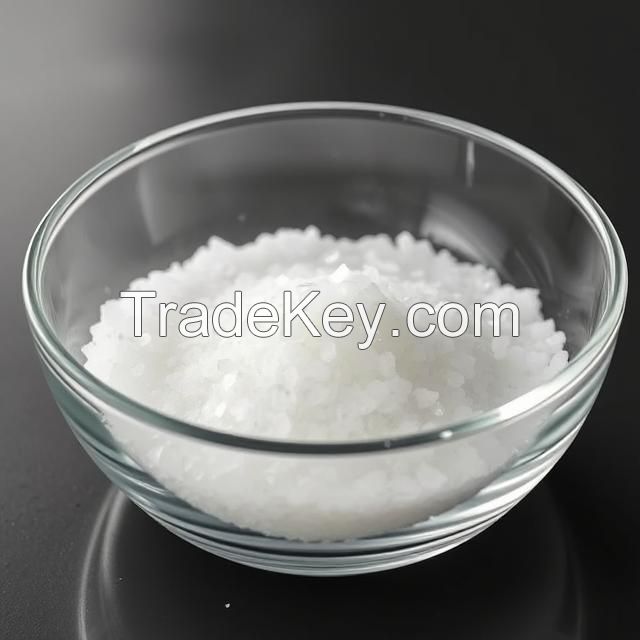
FOB Price
Get Latest Price1 ~ 1 / Metric Ton ( Negotiable )
|Minimum Order
Place of Origin:
-
Price for Minimum Order:
Minimum Order Quantity:
25 Metric Ton
Packaging Detail:
25 , 50 kg bags
Delivery Time:
2 weeks
Supplying Ability:
100 Metric Ton per Month
Payment Type:
T/T, Other

